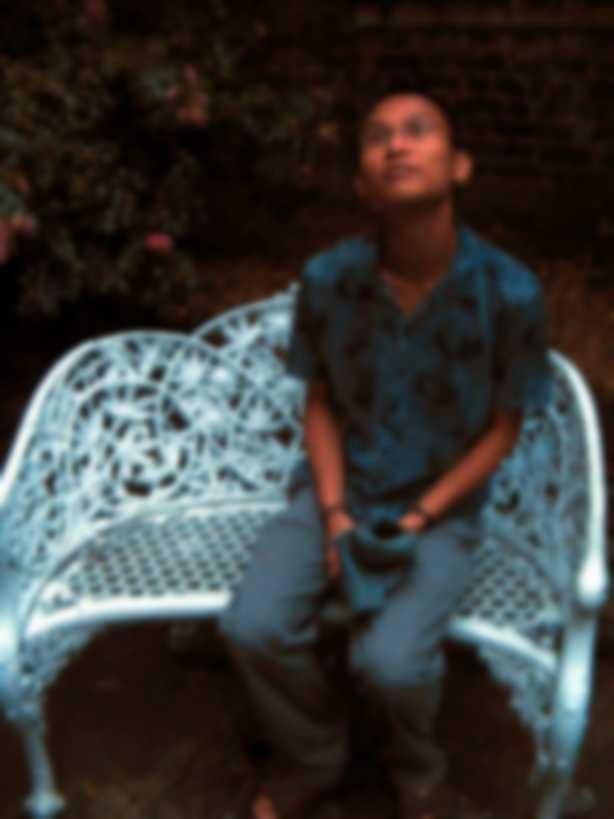What's another word for elitist?
What's another word for elitist?
Gifted students doing well, but they’re an island unto themselves
Today, www.todayonline.com
Tuesday • November 29, 2005
HE TEACHES students from the Gifted Education Programme (GEP) and observes at close hand what many have pointed out: They hang out only with each other. They become so comfortable with other GEPers (as they call themselves), that even outside the classroom they prefer each other’s company.
Even on overseas trips and co-curricular activities (CCAs), the teacher says that these students form a clique.
And so, more than 20 years after the programme kicked off in Singapore, the same problem remains. The programme, whose goals include producing the country’s future leaders, is struggling to get its gifted students to relate to the man-on-the-street.
The debate was reignited recently after this newspaper reported on a study that showed how GEPers found it difficult to cope with the programme’s diverse demands and were often ostracised by their peers.
Since then, dozens of GEPers, their parents and other students have written in, but while they differ on the labels, they agree on one point: Though they go to school with general students, the gifted ones are in a world — and a group — of their own.
Even they don’t deny it.
GEP student Gwyneth Teo, 15, wrote: “Ask yourselves if our so-called elitism is very much different from that of the girl-next-door who has a group of friends who hang out together.
“It’s genuine friendship and loyalty that bind us together, not status. Is that a crime?”
Michael Wee, another 15-year-old GEP student, said that the ostracism “does not affect GEP students in any way. What with existing close ties with other fellow GEP students, no one needs to bother about ostracism from those outside the programme”.
While such friendships help them cope, doesn’t this segregation defeat one of the main purposes of the programme?
Mr Johannis Auri Abdul Aziz, 25, a former GEP student, told Today that educators “have known all along that we have a problem relating to other people”. Said Mr Johannis: “We are given a booklet spelling out just how different we are from other people and how the programme would meet our needs.
“We have our own syllabus and our own after-school enrichment activities. We end up developing our own sub-culture that looks really weird from the outside … it is clear that more formal help is needed.”
He freely admits that many GEPers can be unskilled in social niceties and often can’t make small talk. “We have limited knowledge of what is appropriate and inappropriate in certain situations,” he said.
One problem is that “gifted” individuals are often “non-conformists” who have difficulties blending in, said Dr David Peat, a senior educational psychologist at the Institute of Mental Health.
“Gifted individuals are the ones who scan the environment and decide what is worth doing and what is not. It is unfair to call the GEP elitist. It is just another level of a highly-structured hierarchical education system,” said Dr Peat, who was also a consultant to the GEP in 2001.
But would they make good leaders?
“It depends on your point of view,” said Dr Peat. “I would hope that leaders are able to empathise with people who are different, and that they have strong social skills.”
On its part, the Ministry of Education (MOE) says it has programmes in place to develop GEP students’ specific talents, including that of leadership.
Programme participants are housed in regular schools to allow them to mix with mainstream students. Efforts are made to teach them the right values through civics and moral education lessons, while CCAs are supposed to help them blend and mix with others.
But the problem, according to the teacher who has observed GEPers for a long time, is that even during CCAs they tend to stick with each other. ” There should be room for more porous movement between the GEP and the other streams,” he said.
The MOE, which says it has been tracking 600 of the 4,000-odd students who have graduated from GEP, says it is otherwise satisfied with the results. A fifth of the tracked students joined the civil service while another fifth took up medicine. Law, engineering and teaching are their other professions of choice.
“We have evidence that the GEP’s objectives are met to a large extent,” said an MOE spokesperson.
She cited Dr Tracey Ho, 29, and Dr Wong Ting Hway, 32, as examples of GEP graduates who have helped put Singapore on the world map.
Dr Ho is a former national shooter, President’s Scholar and Lee Kuan Yew Scholar who was recently named one of the world’s top 35 innovators under the age of 35 years by the Massachusetts Institute of Technology. Dr Wong was the first Singaporean contracted to work with the International Committee of the Red Cross in Nepal.
Even so, some still think it would help if other gifted students could share their gifts with their peers more easily.


2 Comments:
Hi,
May I link to you?
kh
Hmm... I hope you don't mind...
Post a Comment
<< Home